International Conference on
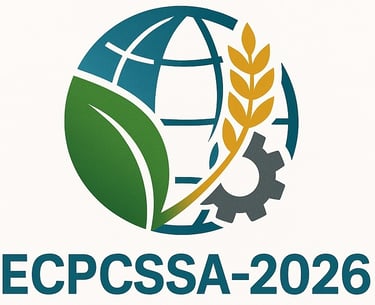

“Economic Pathways for Climate-Smart and Sustainable Agriculture” – (ECPCSSA-2026) Tunisia
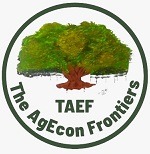





To guide focused discussion, the conference will organize its sessions around a set of comprehensive sub-themes, each highlighting a critical dimension of the climate-smart transformation agenda:
1. Climate-Smart Investments and Resource Use Efficiency
This theme explores innovative economic strategies for optimizing the use of land, water, and energy resources while ensuring long-term productivity and sustainability. Discussions will focus on policy instruments, investment incentives, and institutional reforms that promote efficient input use, renewable energy adoption, and sustainable intensification of production systems.
2. Market Dynamics, Trade, and Value Chains under Climate Stress
As climate shocks increasingly disrupt supply chains and trade flows, this theme will examine how global and regional markets respond to climate variability. Topics include price stability, export competitiveness, value chain integration, and market-based risk management, with a focus on how economic policies can cushion the impacts on producers and consumers alike.
3. Risk, Insurance, and Finance for Resilient Farming
Farmers, particularly smallholders, face growing exposure to climatic and financial risks. This sub-theme will explore innovative insurance mechanisms, microfinance models, and blended finance instruments that can help distribute risk equitably and support investment in adaptation technologies. The discussions will emphasize the importance of inclusive and accessible financial systems that strengthen farmers’ adaptive capacity.
4. Behavioral Economics and Farmer Adaptation
Climate adaptation is ultimately shaped by human behavior and decision-making. This theme focuses on understanding how farmers perceive risks, respond to incentives, and adopt new technologies. By applying behavioral insights, the conference seeks to highlight the design of effective nudges, extension services, and policy instruments that encourage sustainable farming practices at the grassroots level.
5. Public Policy, Institutions, and Governance
Effective governance and policy coherence are vital for scaling up climate-smart interventions. This sub-theme examines how institutional frameworks, policy incentives, and governance mechanisms can facilitate adaptation and transformation. It will explore cross-sectoral coordination, decentralization, and the role of public–private partnerships in driving systemic change.
6. Food Security and Livelihoods
Climate change poses profound risks to food availability, access, and utilization, disproportionately affecting vulnerable populations. This theme highlights inclusive growth strategies that promote gender equity, youth engagement, and livelihood diversification. It emphasizes that climate-smart agriculture must contribute to not only productivity but also to social justice and human well-being.
7. Digital Innovation and Agricultural Data
Emerging technologies such as ICT tools, remote sensing, big data analytics, and precision agriculture offer transformative potential for evidence-based decision-making. This sub-theme will focus on digital platforms and data-driven solutions that enhance productivity, monitor environmental change, and strengthen policy formulation for sustainable agriculture.
8. Valuing Ecosystem Services and Natural Capital
Integrating environmental and economic objectives is fundamental to long-term sustainability. This theme explores how valuation tools, such as Payments for Ecosystem Services (PES), cost-benefit analysis, and green accounting, can align market incentives with conservation goals. Discussions will focus on natural capital accounting, biodiversity valuation, and the economics of land restoration.
Collectively, these sub-themes reflect the conference’s mission to promote economic pathways that reconcile growth with ecological integrity. ECPCSSA-2026 will foster discussions that combine empirical research, modeling, and policy dialogue, providing actionable insights for governments, development agencies, and the private sector.
By integrating economics with environmental and social dimensions, the conference aims to generate evidence-based recommendations for strengthening climate resilience in agriculture and rural economies. The outcomes are expected to inform policy frameworks, guide investment priorities, and shape the future of climate-smart agriculture across the developing world.
Accepted papers from ECPCSSA-2026 will be considered for publication in the Journal of Agricultural Policy and Transformation (AgriPaT) after undergoing a rigorous double-blind peer review process, ensuring that high-quality research reaches a wider global audience.
Ultimately, ECPCSSA-2026 envisions a global dialogue that unites science, policy, and practice, bringing together economists, environmental scientists, and policymakers to chart a sustainable course for agriculture in a climate-constrained era. By fostering collaboration and shared learning, the conference aspires to contribute meaningfully to the transformation of agri-food systems toward resilience, sustainability, and economic inclusiveness.
Keynote Speakers
Program












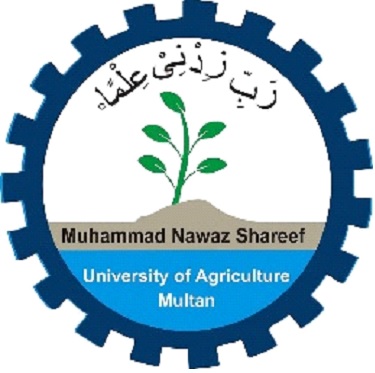





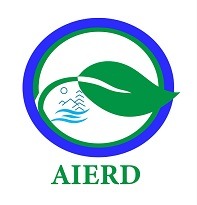

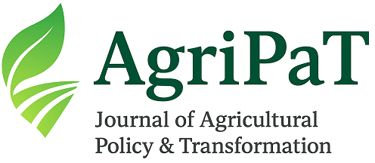
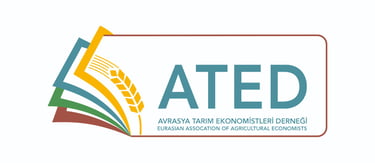





The AgEcon Frontiers (sPvt) Ltd. (TAEF) is a knowledge-driven platform dedicated to advancing research, policy, and innovation in agricultural economics, food systems, environmental sustainability, and rural transformation. We connect scholars, practitioners, and policymakers to foster inclusive, evidence-based solutions for a resilient future.
admin@ageconfrontiers.com
© 2025. All rights reserved.
